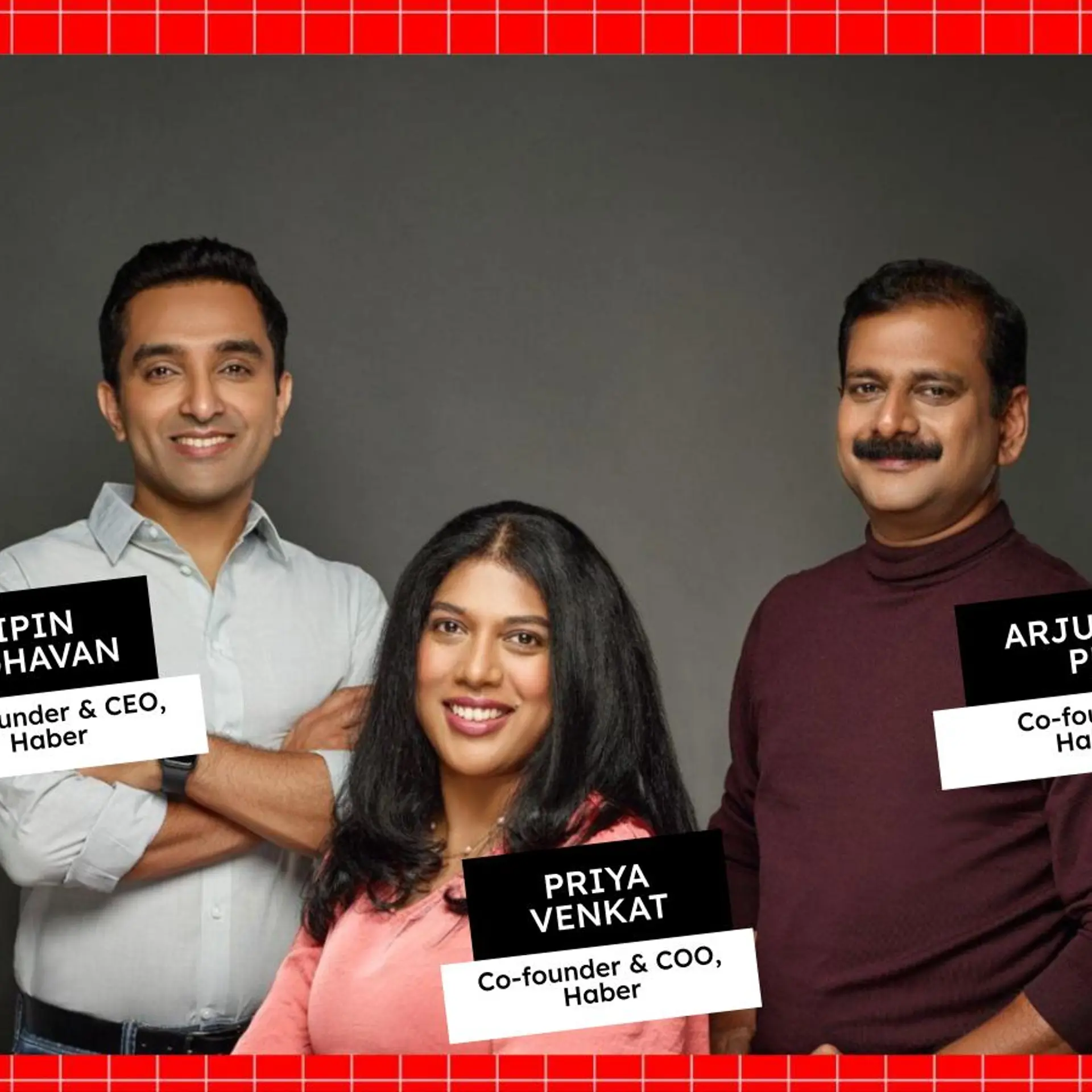Women Micro-credit Bank by entrepreneur Chetna Gala Sinha
Wednesday November 17, 2010 , 3 min Read

First rural financial institution to receive cooperative bank licenseThe women of Mann Deshi Mahila in India’s rural North Karnataka district have just introduced another innovation in a series of self-help initiatives that began in 1997 with the creation of the first rural financial institution in India to receive a cooperative banking license. They have created a mobile business school that will take information and training to the rural areas where women live.

Annual rainfall of only 5 inches has slowed local agriculture due to continuously poor harvest and high farmer indebtedness; of those who have not gone to urban centers in search of work, many live in poverty.Early in life women have to shoulder responsibilities and their illiteracy rate is as high . While emigration has always been a problem, the area has recently attracted media attention due to a high rate of suicide among farmers.
The Mann dehsi Mahila sahakari bank run by and for women in rural Maharashtra, works with two NGOs, Mann Vikas Samajik Sanstha (Mann Vikas), established in 1994, and Mann Deshi Mahila Bachat Gat Federation (Self Help Group Federation), to achieve the goals of empowerment, asset creation, leadership development, capacity building, and property rights for women.
The Bank has grown from an initial shareholder capitalization of 600,000 rupees (US$15,000) to total assets of 90 million rupees (US$2,250,000) in 2005-2006. It has helped create nearly 17,000 women entrepreneurs, has a repayment rate of 97.5%, a profit of 232,000 rupees, three branches, more than 6,200 members and 58,000 clients, conducts 4,250 transactions daily, and won first prize in social sector of the international 2005 Ashoka Changemakers Innovation award.

Mann Vikas promotes girls education provides women with health education student scholarships, vocational skills training, and information regarding life insurance; offers classes on commerce, marketing, and management; runs two agricultural collectives that help make milk, livestock, and grain available at affordable rates; and offers fodder insurance for agriculture loans during dry spells. The federation includes more than 2,300 self-help groups (SHG) each with 10 to 20 members, self-employed women from each sector of the local economy. Groups receive loans directly from the Bank and, with additional support from the Indian government, conduct lending activities.In September 2007, with the help of Deshpande Foundation and Ashoka Foundation, Mann Deshi and Mann Vikas began a five-year project to offer financial services to women (formal and informal) and establish a Business School for Rural Women that will make courses accessible to rural women who cannot attend the central location in Hubli. Travelling from village to village within the Hubli-Dharwad area, the Business School on Wheels will offer training in technical and practical business skills that will enable women to expand or start new businesses, which will in turn be supported with start-up micro-loans. Financial services offered will be coupled with comprehensive and accessible financial literacy training. Local NGOs advise the business school on locations where mobile classrooms can be held. The leaders of village SHGs coordinate the local logistics in their villages.
Bank founder/entrepreneur Chetna Gala Sinha, an economist, farmer, and activist, has been honored nationally with the 2005 Jankidevi Bajaj Puraskar award for rural entrepreneurship, and by by Yale and Harvard Universities.






